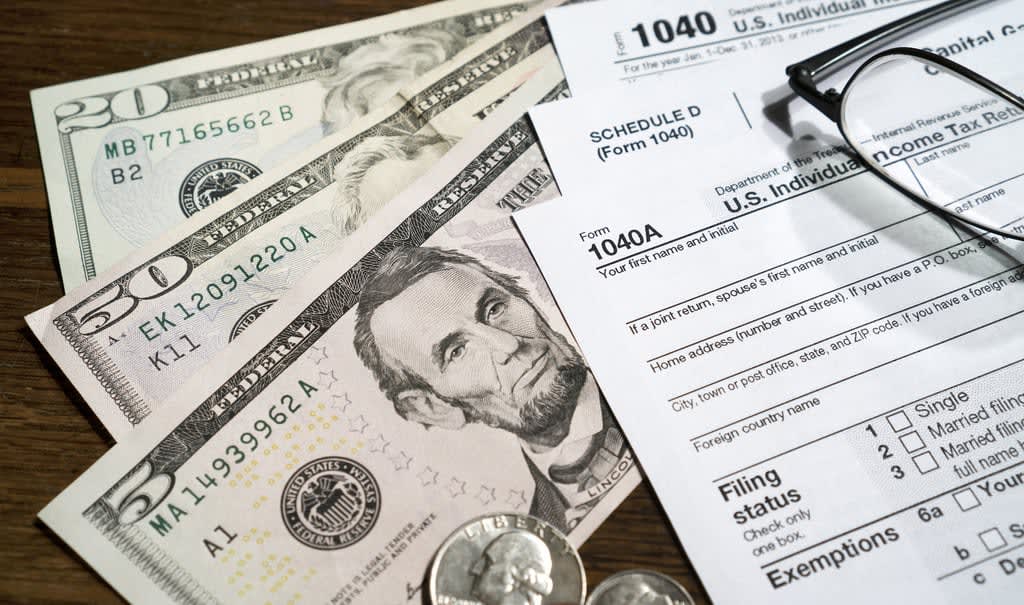
Taxes Involved When Selling Your Property
Selling your property in the Virginia location, Maryland location, or Washington DC location is already a complicated process without stressing about the taxes you may have to pay. Depending on the type of property you are selling, your profits may be tax-free. Let’s take a look at how taxes are structured for property sales.
Primary Residences
If the house you’re selling is your primary residence and you have lived there for more than two years, a portion of the profits that you earn from the sale are tax-free. If you’re single, you are exempt from paying taxes on home sale profits of up to $250,000. If you file taxes jointly with your spouse, up to $500,000 is tax-free. Any profit that exceeds these amounts needs to be reported as a capital gain.
Investment Properties
The sale of an investment property you own, such as a rental home or apartments, could mean a chunk of your profits will be lost to taxes. Capital gains tax applies to the profit earned from the sale of a property that is not your primary residence. The IRS allows investors to take the profit earned from the sale of one property and re-invest it without having to pay tax on it. Investors can also offset the profit against losses in other areas to avoid paying so much in taxes, or you could avoid it completely by living in the home for two years prior to its sale. The fine print in all of these instances is important to take note of.
Summary
When filing taxes, homeowners can exclude up to $500,000 of their profits if they’re married. Investors can pair their profits with losses in other areas, or re-invest the money earned to avoid the high capital gains tax. Whatever your circumstances, be sure to talk to an expert to fully understand the tax policies and how you will fit into them when selling your property.